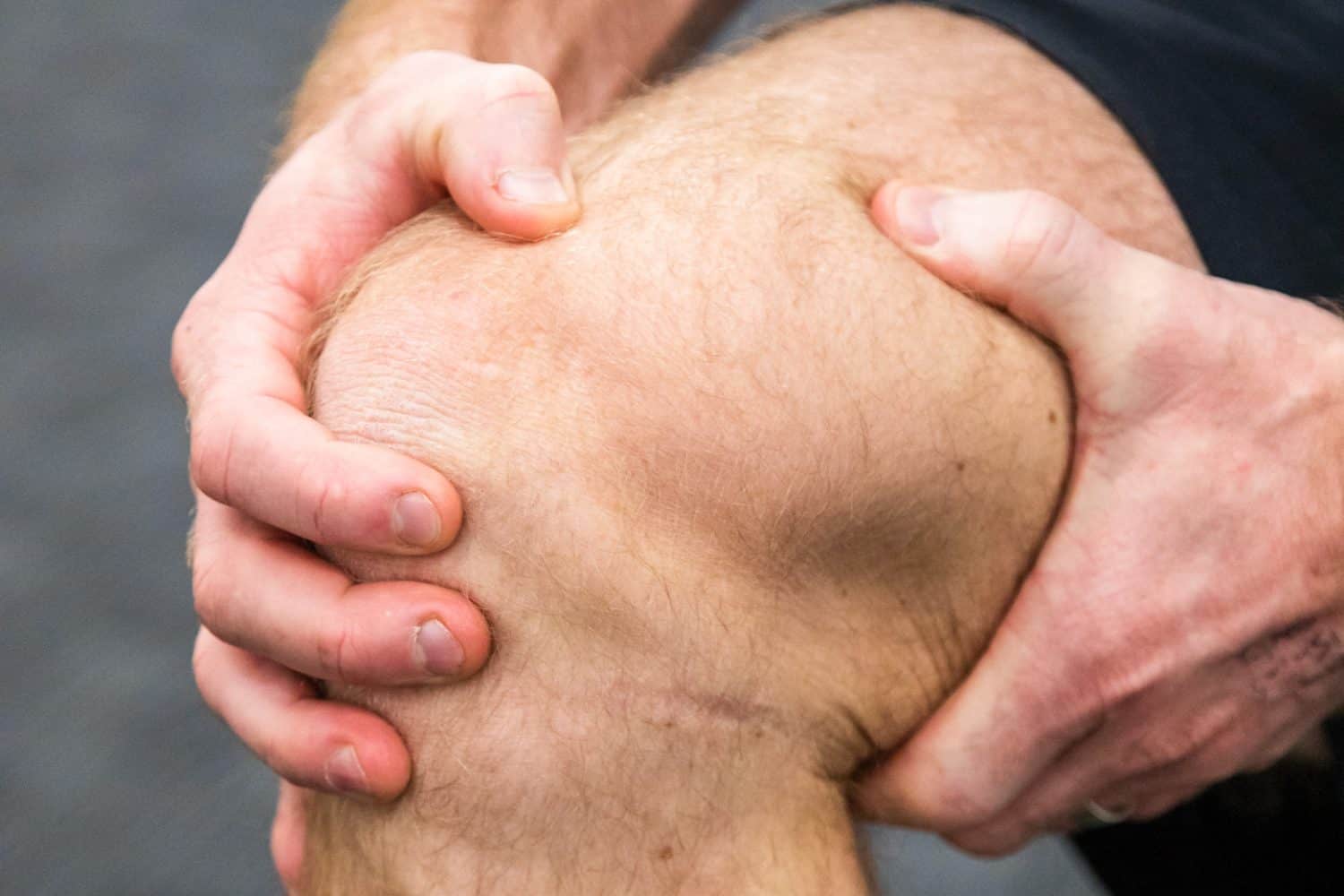What Causes Sore Muscles?
Apart from your session with Kate, Toby, or Aidan, muscle soreness occurs due to “microtrauma” of the muscle fibers and connective tissues. I know, it doesn’t sound pretty, but I promise, it’s a completely natural result of the breaking down of muscle that occurs during weight lifting or strenuous training.
These tiny tears cause pain due to the low-level inflammation that occurs as the body works to repair them. This process can take several days, which is why it sometimes takes 24-48 hours for us to feel sore. After this bout of pain, the muscle has fully repaired itself and has become stronger and denser.
Below are some ways to speed up this process and get you back to training faster!
1. Warm-Up
Warming up before a workout is one of the most overlooked ways to prevent and ease delayed onset muscle soreness (that kind we feel a day or two after our workout). Perform dynamic movements like walking lunges, leg swings, butt kicks, and lateral lunges, combined with dynamic stretches and a light aerobic activity.
2. Get Enough Protein
Eating enough protein is crucial when it comes to easing muscle soreness. Remember how we discussed that soreness is caused by microtrauma of the muscle fibers? To repair this trauma, the body needs sufficient amino acids, which are the building blocks of protein. Research shows that consuming protein immediately before and after exercise (combined with some carbohydrate) can help ease muscle soreness. Focus on consuming whole-food sources of protein with healthy amounts of carbs and fat. If you’re meeting your caloric needs with well-balanced meals, then you’ll easily meet your protein requirements.
3. Soak in Epsom Salt
Most of us are familiar with this one. Epsom salt, or magnesium sulfate, is a natural mineral compound historically known for its ability to reduce inflammation, ease stress, and flush toxins from the body. 99 percent of magnesium in the body is located in the bones and muscles, making it a key player for muscle repair.
4. Fortify Your Body with Anti-Inflammatory Foods
One of the side effects of any injury, including muscle soreness, is inflammation. Undoubtedly, with inflammation comes pain as the body fights to shuttle nutrients into the “wound” and rebuild tissue. Eating foods with anti-inflammatory effects may help to reduce muscle soreness. These include turmeric, ginger, berries, walnuts, and oily fish (salmon/herring/sardines). Omega -3 fatty acids found in walnuts and oily fish plays a powerful role in reducing inflammation, as well as boosting our mood, immunity, and energy levels!
5. Foam Roll
Foam rolling is an inexpensive, convenient way to give yourself a deep tissue massage. The fancy term for foam rolling is self-myofascial release, which refers to releasing those deep knots formed in our muscles that can cause pain and stiffness. But the benefits don’t stop there! Foam rolling has also been shown to alleviate muscle fatigue, soreness, delayed-onset muscle soreness, and even enhance performance.



